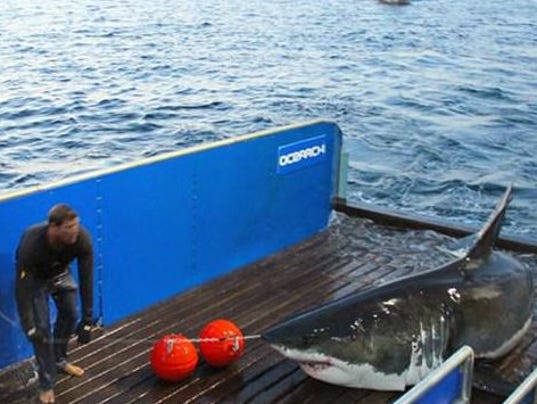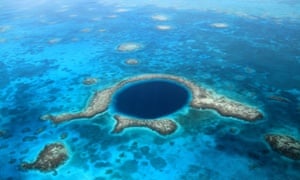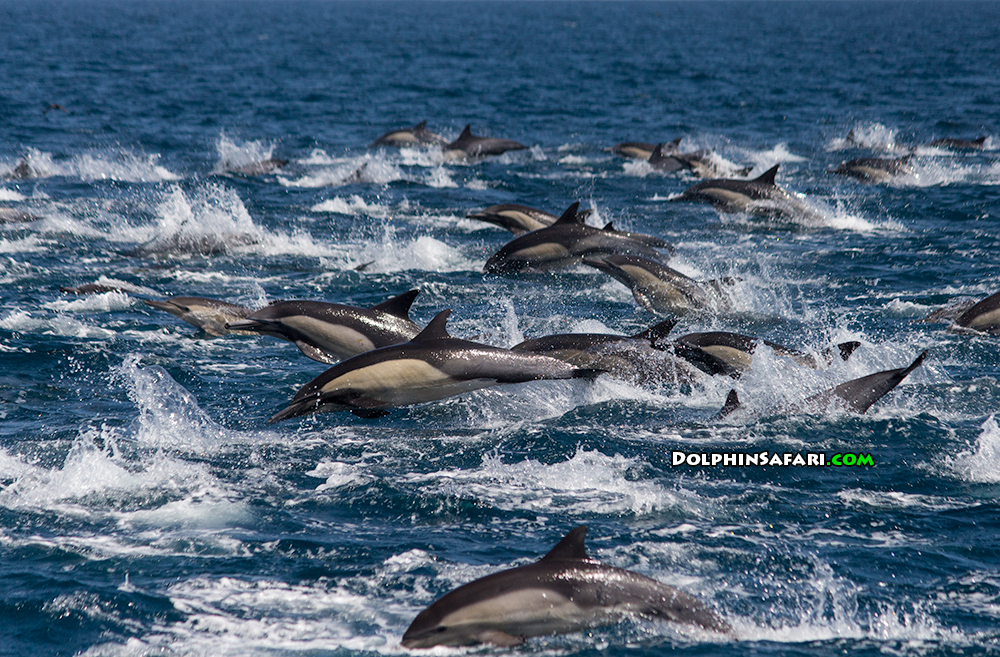1. UN Agency Adopts Polar Code

-----------------------------------------------
2. The Most Endangered Oceanic Environment
-----------------------------------------------
3. Belize Plan to Allow Offshore Drilling Threatens Great Blue Hole
The Great Blue Hole was named a UNESCO world heritage site in 1996. New regulations have been proposed to the government of Belize to allow offshore drilling around the 124- meter sinkhole. There are a number of major concerns about the proposal to explore and extract fossil fuel in that area. The government is not only considering environmental impacts that this activity could have but also the inexperience of some of the proposed contractors. Read more...
-----------------------------------------------
4. Protecting Florida's Coastline from Seismic Blasting
-----------------------------------------------

Last week, OCEARCH tracked a 3,456-pound great white shark near the coast of Virginia. The shark was named Mary Lee and has recently been tracked traveling down the Atlantic coast. Mary Lee was first tagged in September of 2012 while in Cape Cod. Read more...
-----------------------------------------------
Phosphorus is an essential nutrient for plants and animals. A new study from the Woods Hole Oceanographic Institution (WHOI) and Columbia University revealed the complexity of the marine phosphorus cycle. The information also highlights the role that microbial communities play in using and breaking down forms of this essential element. Read more...
-----------------------------------------------
That's right... A WARM-BLOODED FISH! This unique fish, named the opah, was found hundreds of feet down in the deep, cold ocean. There is still a lot to learn about the species but, it is believed that the opah is a regional endotherm and it is able to keep more of its body warm than other fish. The opah can keep its heart warm which is extremely unique and allows them to spend all of its time in the deep water. It is possible that ,with additional exploration, scientists will be able to divide the opah into a number of different species Read more...
-----------------------------------------------
8. Mega Pod of Dolphins Filmed
This week a mega pod of dolphins was filmed off the coast of California during a whale watchers tour. Dolphins are normally found in pods of 200 while this video shows over 1,000! Watch the amazing video here...
-----------------------------------------------
9. Massive Antarctic Ice Shelf Will Be Gone Within Years

A new report form NASA's Jet Propulsion Laboratory found that Antarctica's Larsen B Ice Shelf could be gone before 2020. That's right- gone in just 5 years! Climate change has significantly accelerated the melting. According to the team lead Ala Khazendar, "this ice shelf has existed for at least 10,000 years". To review additional information and watch a video on the study click here...
-----------------------------------------------
Be sure to "LIKE" http://facebook.com/SeaSave to ensure our "Week in Review" is delivered to your newsfeed every Thursday.
Sea Save Foundation is committed to raising awareness of marine conservation. The Week in Review is a team effort produced by the Sea Save staff to provide a weekly summary of the latest in marine research, policy, and news.





